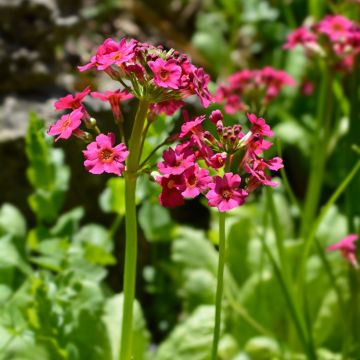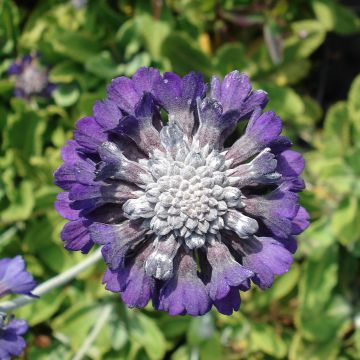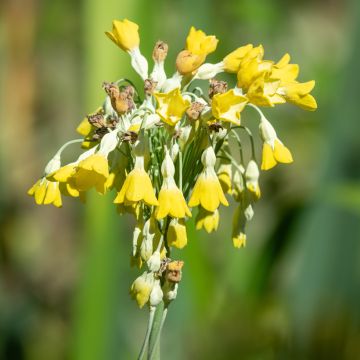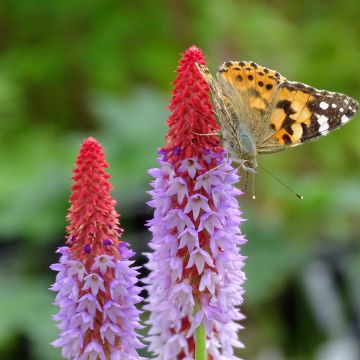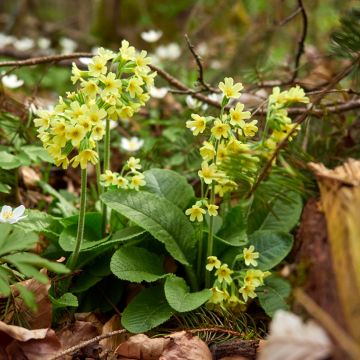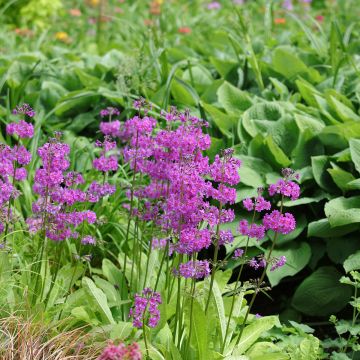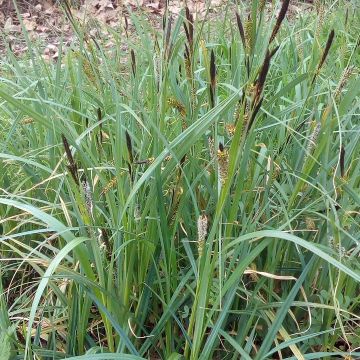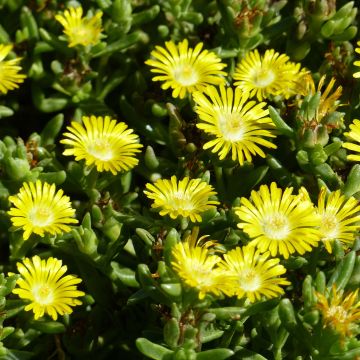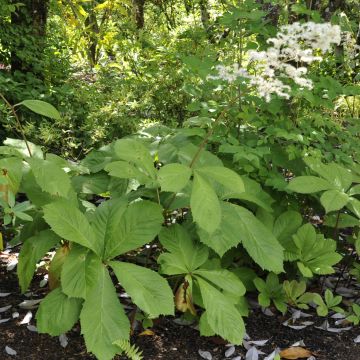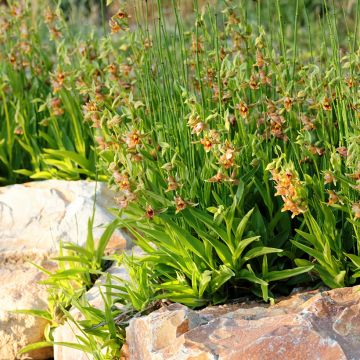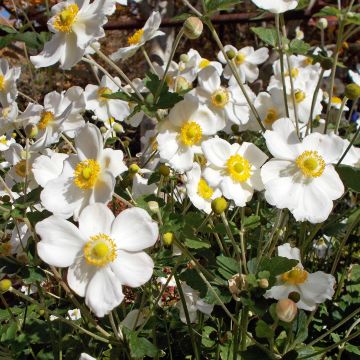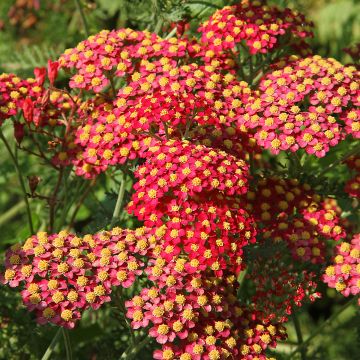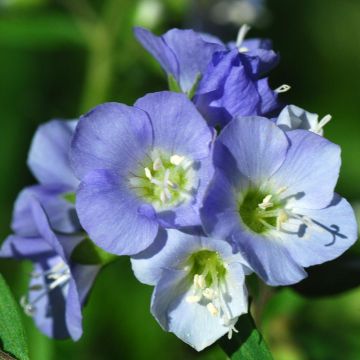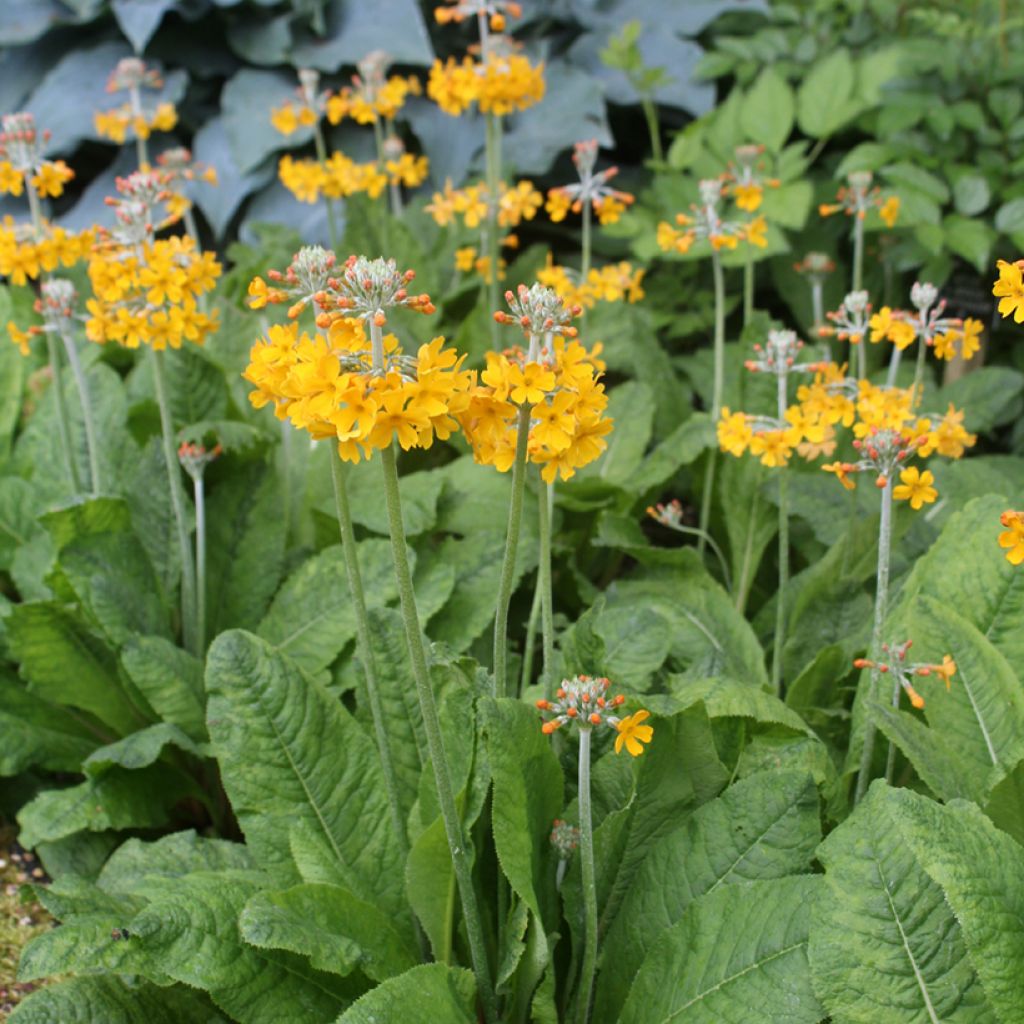

Primula bulleyana - Primrose
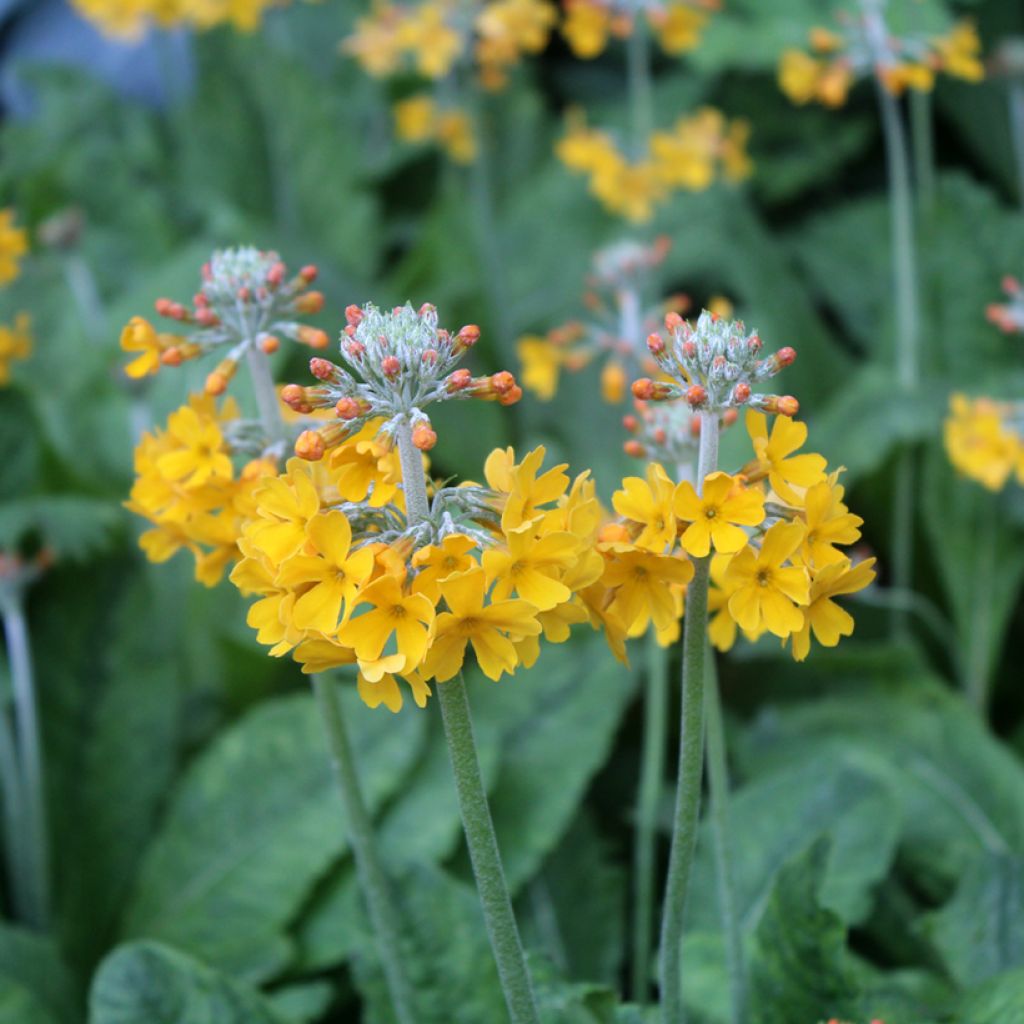

Primula bulleyana - Primrose
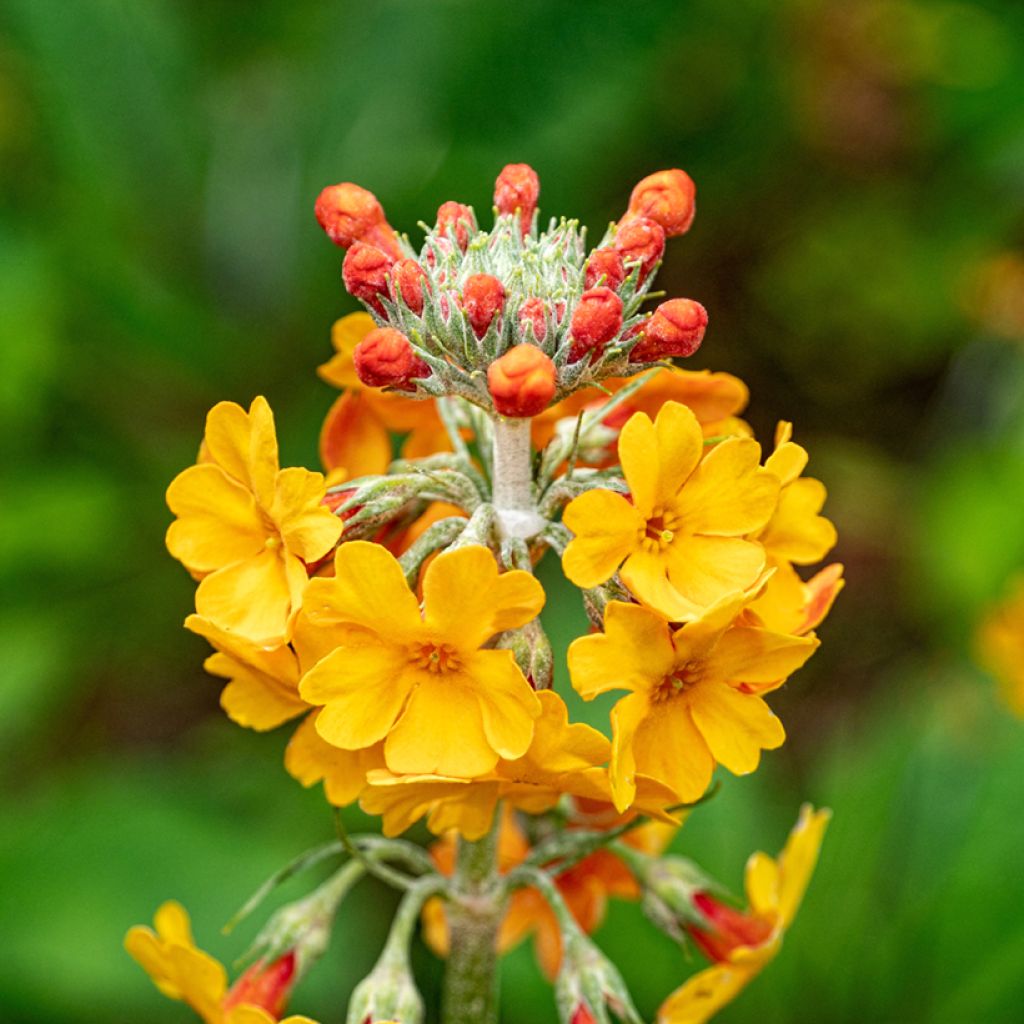

Primula bulleyana - Primrose
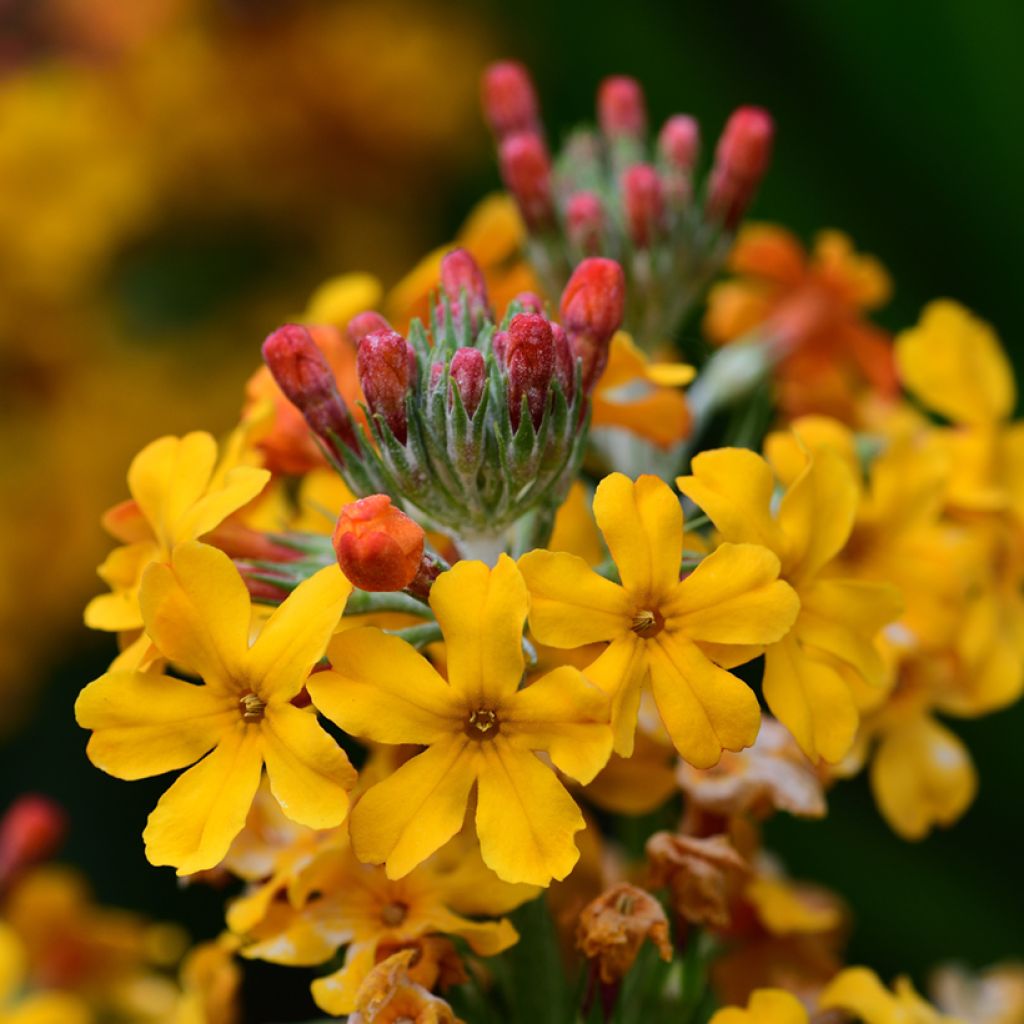

Primula bulleyana - Primrose
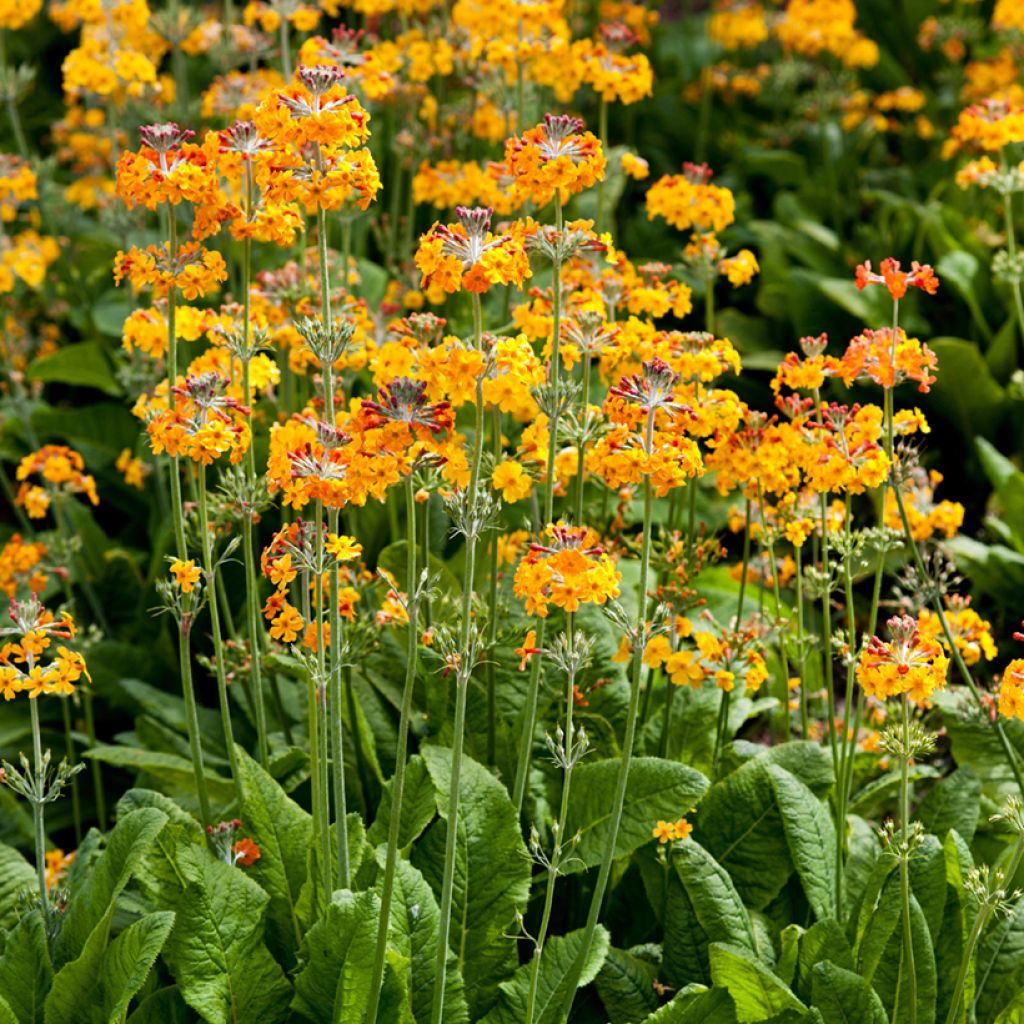

Primula bulleyana - Primrose
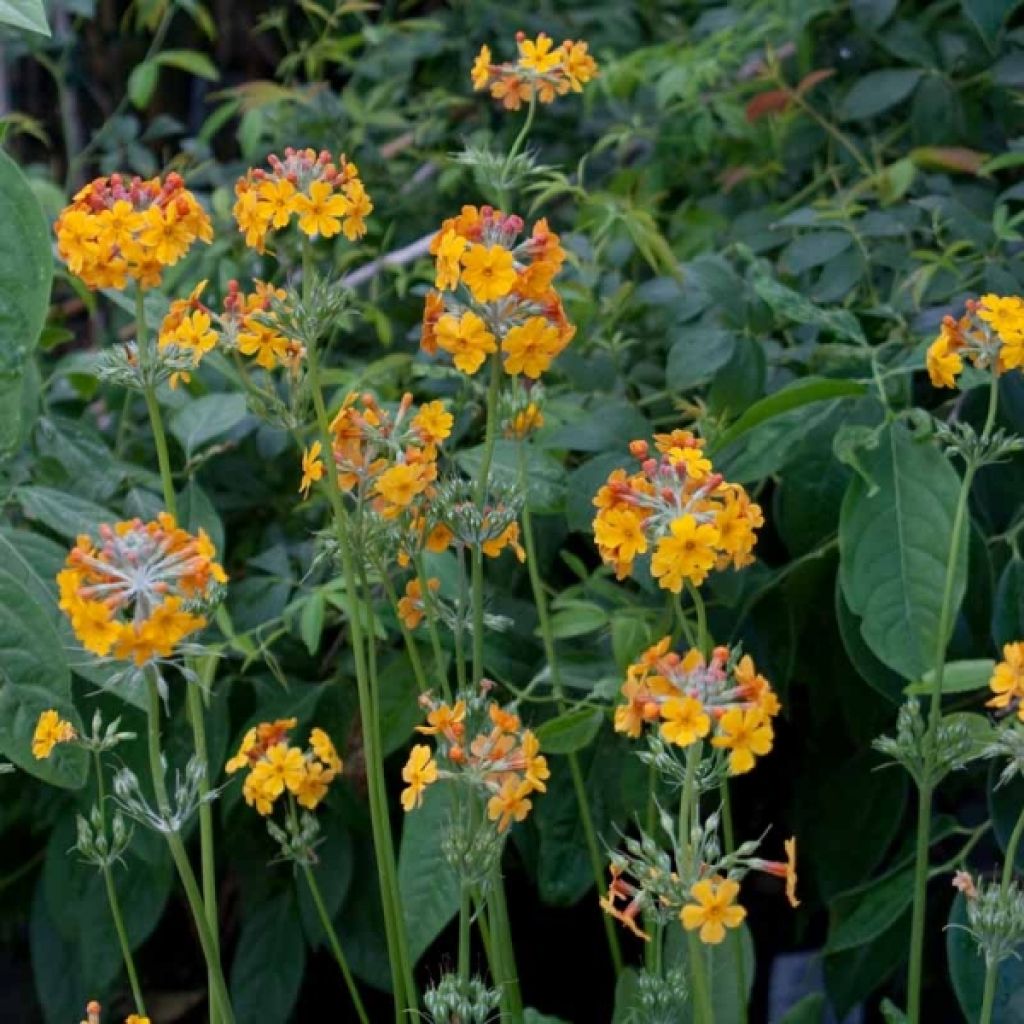

Primula bulleyana - Primrose
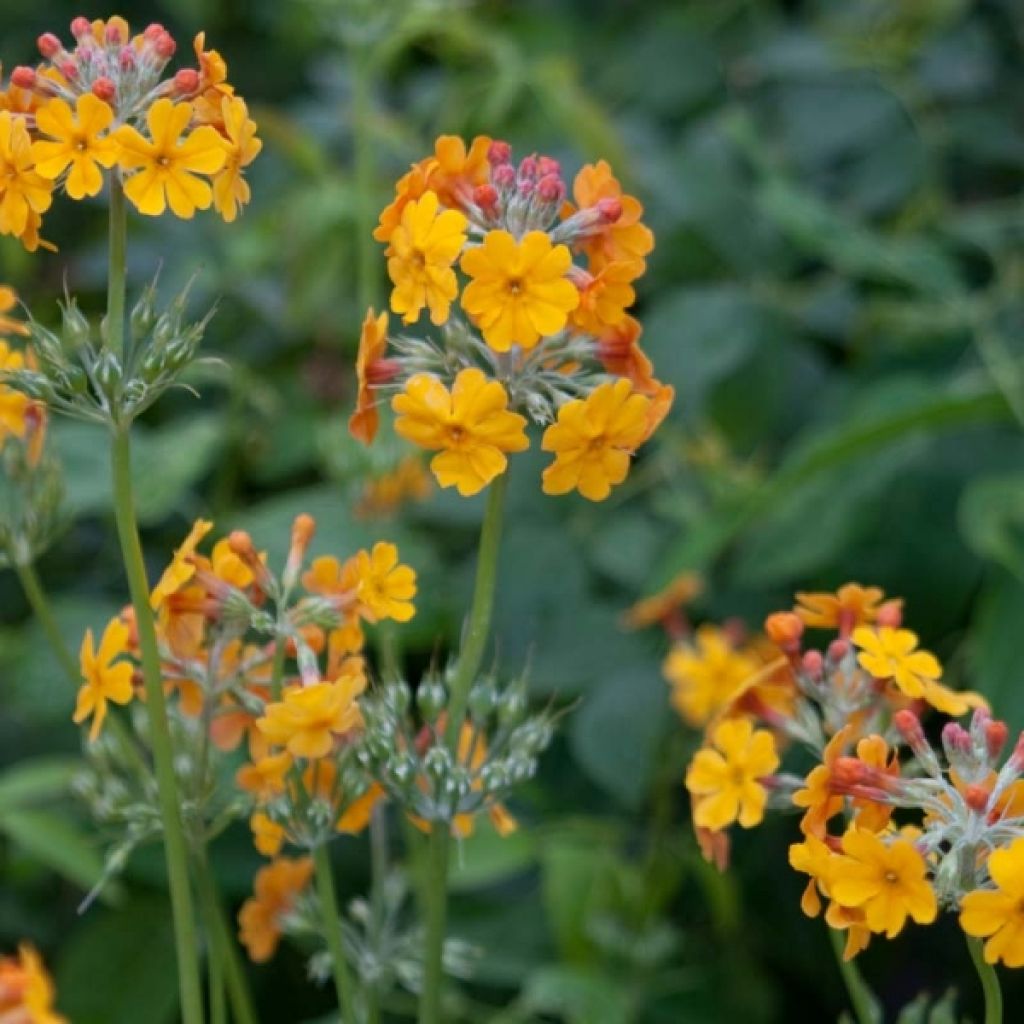

Primula bulleyana - Primrose
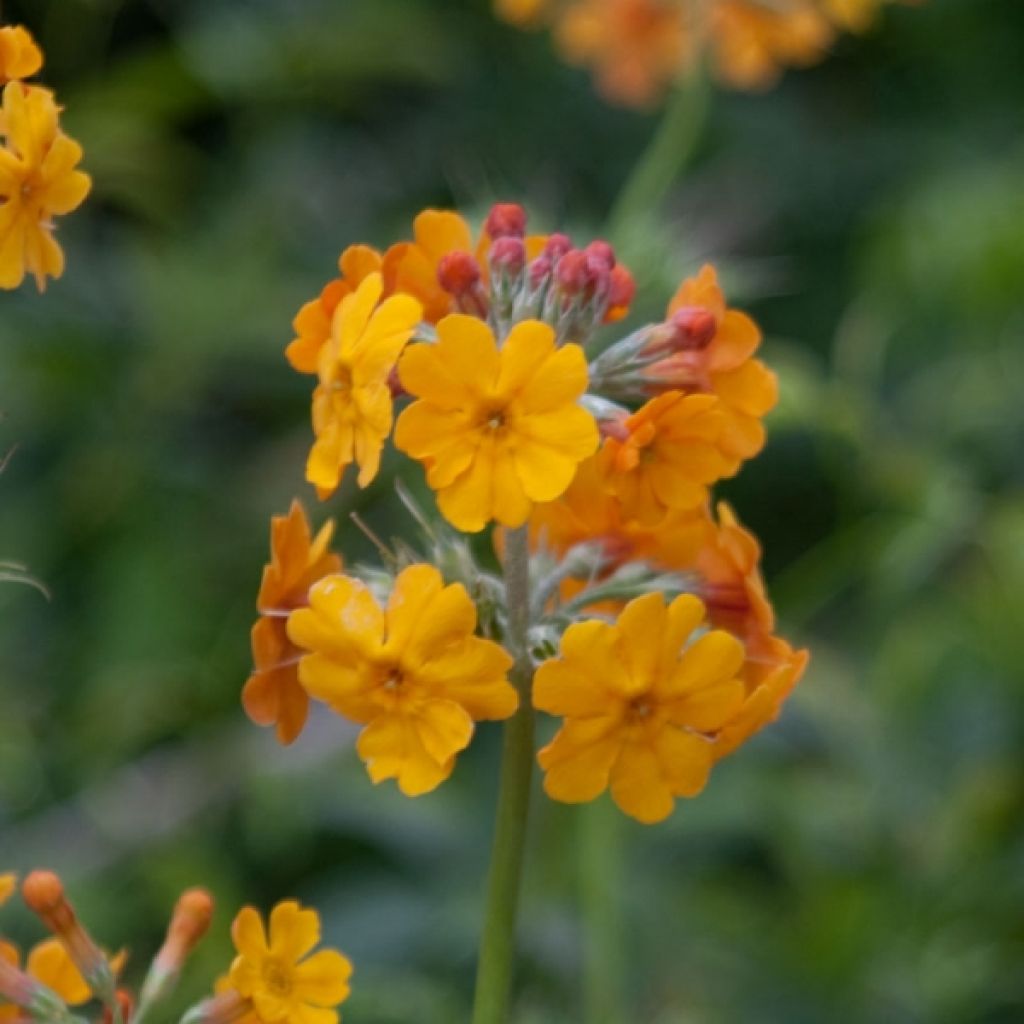

Primula bulleyana - Primrose
Primula bulleyana - Primrose
Primula bulleyana
Bulley's Primrose
This item cannot be shipped to the selected country
Delivery charge from €5.90
More information
Schedule delivery date,
and select date in basket
This plant carries a 12 months recovery warranty
More information
We guarantee the quality of our plants for a full growing cycle, and will replace at our expense any plant that fails to recover under normal climatic and planting conditions.
From €5.90 for pickup delivery and €6.90 for home delivery
Express home delivery from €8.90.


Does this plant fit my garden?
Set up your Plantfit profile →
Description
The Primula bulleyana is a tall and colourful Asian primrose. Hardy and perennial, it develops wrinkled leaves arranged in rosettes like all primroses, but flowers quite late, for several weeks in late spring, in the form of tall flowering stems adorned with bright orange tubular flowers grouped in clusters on multiple levels. This characteristic has earned it its other names of tiered primrose and candelabra primrose. Easy to acclimatise in the garden, this primrose is an excellent plant for a fresh, even humid, but preferably non-calcareous border.
Native to China, specifically the Yunnan province, this primrose belongs to the primrose family. It is a perennial herbaceous plant with a taproot, reaching 60 cm (24in) in height when in bloom. In spring, it develops dense basal rosettes composed of deciduous leaves, which disappear in winter. The oblong leaves, without petioles, can measure 10 to 25 cm (4 to 10in) in length. The slightly dentate lamina shows a wrinkled and veined aspect, and a dark green colour with a hint of blue. The young leaves, pruinose, are covered with a white powder. In June, several flowering stems emerge from the heart of these rosettes, reaching a height of 60 cm (24in), also covered with a white bloom. Each stem bears several 'levels' of small tubular flowers grouped in whorls, tightly packed around the stem. The stem elongates while producing new 'rings of flowers, up to 7 in total. On each flowering stem, 3 to 5 whorls of flowers bloom at the same time. The flowers open from red flower buds that contrast with white pruinose calyxes. They are initially bright orange at blooming, then turn to yellow-orange, with the buds and corollas creating a beautiful gradient of warm colors on the flowering stem, tempered by the white of the stems and calyxes. This flowering attracts many pollinating insects: after pollination, the plant produces small round seeds that ripen during the summer.
The Primula bulleyana is a very ornamental primrose, quite spectacular when planted in masses and perfectly hardy. It is quite easy to acclimatize in our gardens, provided that it is given adequate conditions. It appreciates semi-shaded and airy spots, without vegetation competition, and requires a fresh, even humid, but light and preferably acidic soil like the humus of the undergrowth. Plant it on the banks of a pond, in a light and humid understory, or in a shady rock garden. It grows alongside Astilbe, Trollius, Filipendula, Dodecatheon, Gillenia, Solomon's Seal, and Hosta.
Report an error about the product description
Primula bulleyana - Primrose in pictures
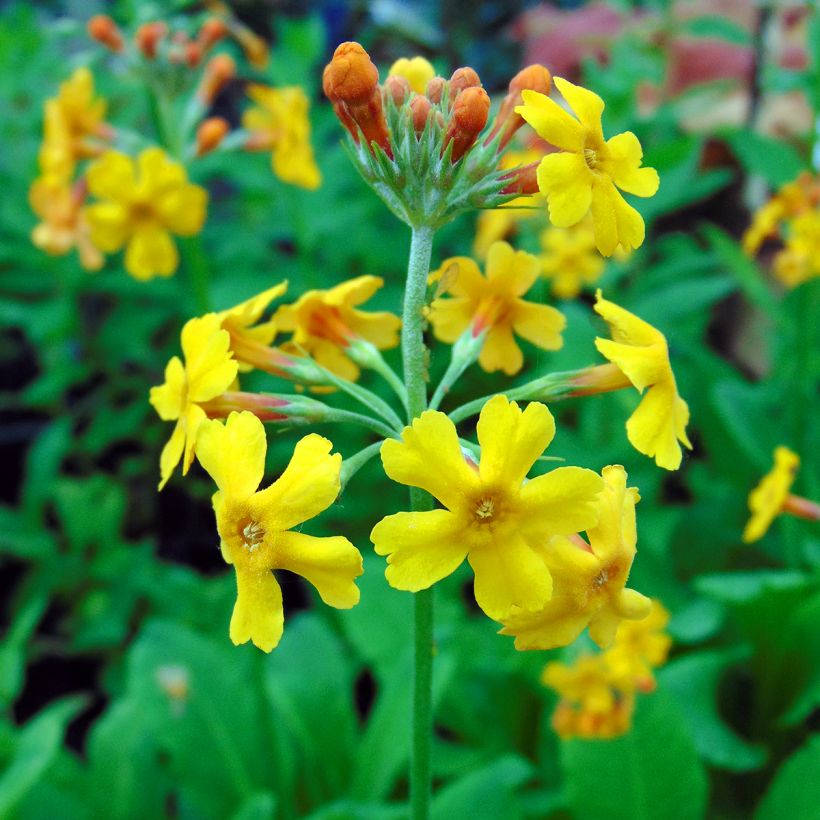

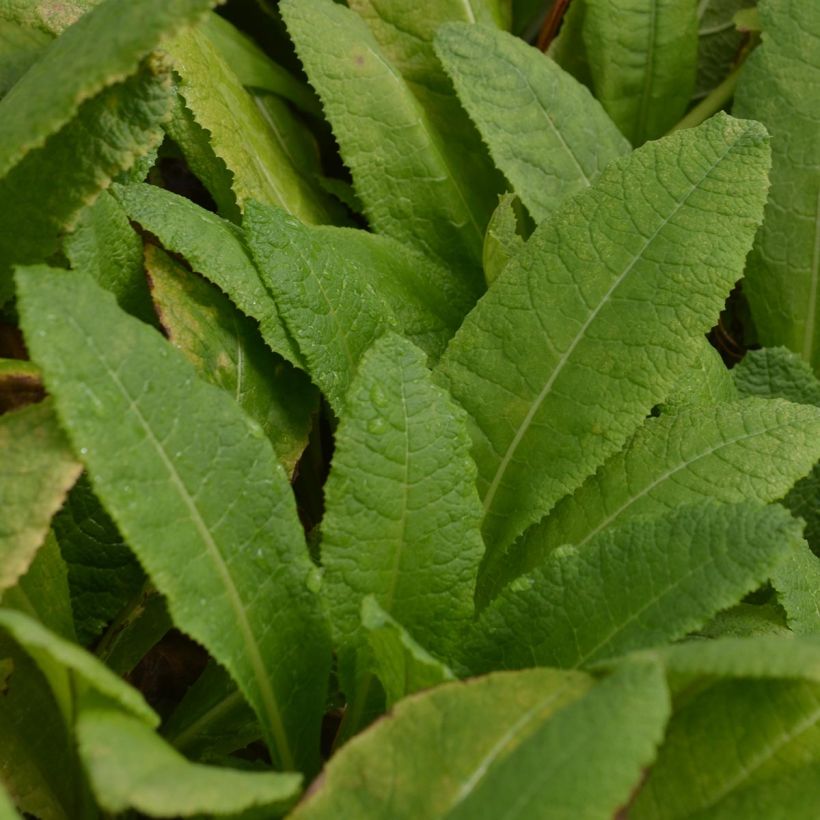

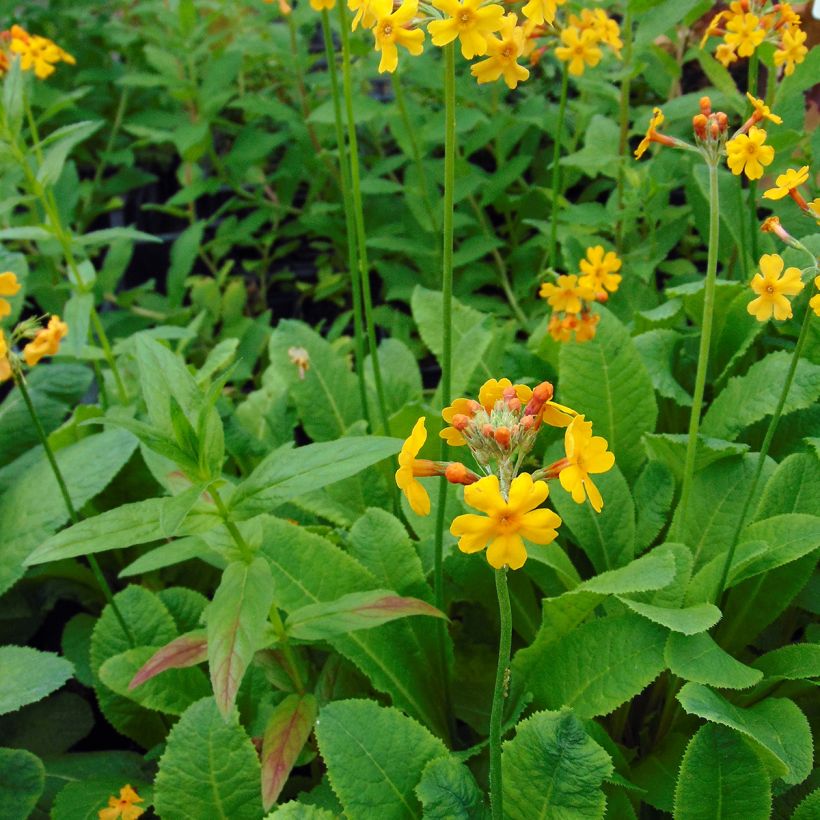

Flowering
Foliage
Plant habit
Botanical data
Primula
bulleyana
Primulaceae
Bulley's Primrose
China
Other Primula - Primroses
Planting and care
Planting period
Intended location
Care
-
, onOrder confirmed
Reply from on Promesse de fleurs
Summer flowering perennials
Haven't found what you were looking for?
Hardiness is the lowest winter temperature a plant can endure without suffering serious damage or even dying. However, hardiness is affected by location (a sheltered area, such as a patio), protection (winter cover) and soil type (hardiness is improved by well-drained soil).

Photo Sharing Terms & Conditions
In order to encourage gardeners to interact and share their experiences, Promesse de fleurs offers various media enabling content to be uploaded onto its Site - in particular via the ‘Photo sharing’ module.
The User agrees to refrain from:
- Posting any content that is illegal, prejudicial, insulting, racist, inciteful to hatred, revisionist, contrary to public decency, that infringes on privacy or on the privacy rights of third parties, in particular the publicity rights of persons and goods, intellectual property rights, or the right to privacy.
- Submitting content on behalf of a third party;
- Impersonate the identity of a third party and/or publish any personal information about a third party;
In general, the User undertakes to refrain from any unethical behaviour.
All Content (in particular text, comments, files, images, photos, videos, creative works, etc.), which may be subject to property or intellectual property rights, image or other private rights, shall remain the property of the User, subject to the limited rights granted by the terms of the licence granted by Promesse de fleurs as stated below. Users are at liberty to publish or not to publish such Content on the Site, notably via the ‘Photo Sharing’ facility, and accept that this Content shall be made public and freely accessible, notably on the Internet.
Users further acknowledge, undertake to have ,and guarantee that they hold all necessary rights and permissions to publish such material on the Site, in particular with regard to the legislation in force pertaining to any privacy, property, intellectual property, image, or contractual rights, or rights of any other nature. By publishing such Content on the Site, Users acknowledge accepting full liability as publishers of the Content within the meaning of the law, and grant Promesse de fleurs, free of charge, an inclusive, worldwide licence for the said Content for the entire duration of its publication, including all reproduction, representation, up/downloading, displaying, performing, transmission, and storage rights.
Users also grant permission for their name to be linked to the Content and accept that this link may not always be made available.
By engaging in posting material, Users consent to their Content becoming automatically accessible on the Internet, in particular on other sites and/or blogs and/or web pages of the Promesse de fleurs site, including in particular social pages and the Promesse de fleurs catalogue.
Users may secure the removal of entrusted content free of charge by issuing a simple request via our contact form.
The flowering period indicated on our website applies to countries and regions located in USDA zone 8 (France, the United Kingdom, Ireland, the Netherlands, etc.)
It will vary according to where you live:
- In zones 9 to 10 (Italy, Spain, Greece, etc.), flowering will occur about 2 to 4 weeks earlier.
- In zones 6 to 7 (Germany, Poland, Slovenia, and lower mountainous regions), flowering will be delayed by 2 to 3 weeks.
- In zone 5 (Central Europe, Scandinavia), blooming will be delayed by 3 to 5 weeks.
In temperate climates, pruning of spring-flowering shrubs (forsythia, spireas, etc.) should be done just after flowering.
Pruning of summer-flowering shrubs (Indian Lilac, Perovskia, etc.) can be done in winter or spring.
In cold regions as well as with frost-sensitive plants, avoid pruning too early when severe frosts may still occur.
The planting period indicated on our website applies to countries and regions located in USDA zone 8 (France, United Kingdom, Ireland, Netherlands).
It will vary according to where you live:
- In Mediterranean zones (Marseille, Madrid, Milan, etc.), autumn and winter are the best planting periods.
- In continental zones (Strasbourg, Munich, Vienna, etc.), delay planting by 2 to 3 weeks in spring and bring it forward by 2 to 4 weeks in autumn.
- In mountainous regions (the Alps, Pyrenees, Carpathians, etc.), it is best to plant in late spring (May-June) or late summer (August-September).
The harvesting period indicated on our website applies to countries and regions in USDA zone 8 (France, England, Ireland, the Netherlands).
In colder areas (Scandinavia, Poland, Austria...) fruit and vegetable harvests are likely to be delayed by 3-4 weeks.
In warmer areas (Italy, Spain, Greece, etc.), harvesting will probably take place earlier, depending on weather conditions.
The sowing periods indicated on our website apply to countries and regions within USDA Zone 8 (France, UK, Ireland, Netherlands).
In colder areas (Scandinavia, Poland, Austria...), delay any outdoor sowing by 3-4 weeks, or sow under glass.
In warmer climes (Italy, Spain, Greece, etc.), bring outdoor sowing forward by a few weeks.



































